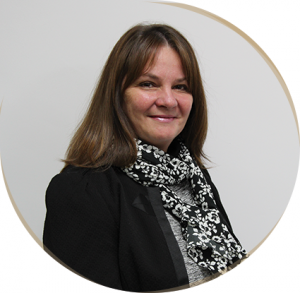If you have been asked to be someone’s Attorney, it can be said that the donor (the person making the LPA) sees you as someone they trust to make decisions on their behalf.
There are two types of LPA, Property & Finance, and Health & Welfare. A Property & Finance LPA can be used when registered, whereas a Health & Welfare LPA can be used when registered, and when the donor has lost mental capacity. The donor may have asked you to act as an Attorney for just one, or both. Either way, you will have a number of responsibilities, which we have outlined below.
As an Attorney under a Property & Finance LPA, you will be able to make decisions as soon as the LPA is registered with the OPG (Office of the Public Guardian) under the instruction of the donor, whilst they have capacity, if required, or when they have lost mental capacity. Some of the decisions you may be asked to make are:
- using their bank and building society current and savings accounts
- claiming, receiving and using their benefits, pensions and allowances
- paying their household, care and other bills
- buying or selling their home
- saving or making and selling investments
As an Attorney under a Health & Welfare LPA you can only make decisions once the donor has lost mental capacity. Some of the decisions you may be asked to make are:
- where the donor lives
- their day-to-day routine
- personal care
- medical treatments
- The donor may also allow the Attorney to make decisions regarding life sustaining treatment.
You must always act lawfully, honestly, and in the donor’s best interests. You will have a duty to help the donor to reach their own decisions where they can possibly do so. As far as possible, based upon your knowledge of the donor, you must make decisions that the donor would have made themselves, if they had the capacity to do so.
As an Attorney, you should discuss such matters with the donor to ensure you are prepared when it comes to acting on their behalf i.e. ask where they want to live in the future, their likes and dislikes, what plans they have in place for the future already, their views on medical care, and what they will want to do with their property if they move. The better you know them, the better you will be able to act on their behalf. You should obtain contact details for relevant individuals and organisations such as their GP, or bank, and have knowledge of where they keep their LPA document. When it comes to making decisions for the donor, we recommend writing down any decisions you are required to make, and why it was in their best interests. If you are managing the donor’s finances, we recommend you keep a record of their accounts and bills so you can account for any expenditure. It is important that you notify any relevant individuals and organisations that you are acting as the Attorney and request that they must contact you if the donor cannot make a decision such as carers, medical professionals, banks, and pension companies.
Before you make any decision as their Attorney, remember to ask yourself, is this the decision the donor would have made?
Our expert Private Client Lawyers here at Hodgkinsons Solicitors, Skegness, can provide you with specialist advice and guidance on all matters relating to Powers of Attorney. We understand that taking on such a role can feel like a huge responsibility, which is why we are here to answer any questions and queries you may have. Our Team have almost 40 years’ experience in advising on Power of Attorney matters for individuals and families throughout the UK, rural Lincolnshire and beyond including Skegness, Boston, Louth, Lincoln and Grimsby. For expert legal advice regarding putting an LPA in place, or your obligations as an Attorney, get in touch by submitting a contact form, or call us on 01754 897150.
*Ipsos MORI

